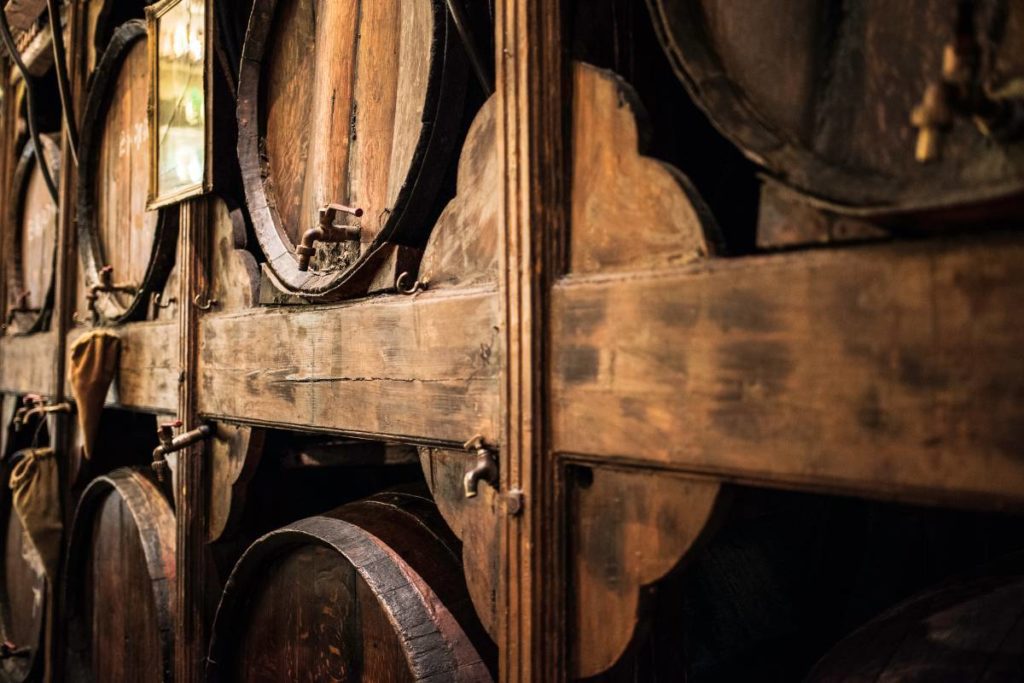Tequila is a beloved spirit all around the world, but it’s especially important to Mexico, where it originated. In recent years, Mexico has cemented its place as the top producer of tequila in the world, surpassing even countries like France and Italy known for their wine production. This transformation didn’t happen overnight, but through a series of private initiatives and government support that took place over the course of a decade. In this blog, we’ll explore how Mexico achieved this remarkable feat and what entrepreneurs can learn from their success.

The Growth of Tequila in the International Market
The first key to Mexico’s success was a trade agreement signed in 2013 between Mexico, France, Spain, and Italy. This agreement allowed Mexican tequila producers to export their product to those countries without facing high import tariffs or other costly restrictions. This decision proved to be hugely beneficial for both sides involved, as sales rose by nearly 40 percent within a few months’ time. Creating a favorable trade environment was crucial for Mexico to be able to compete on a global scale.
Along with the trade agreement, the Mexican government recognized the potential for the tequila industry to be a significant source of economic growth in the country. They implemented several initiatives to make it easier for entrepreneurs to start a tequila business, including streamlined regulatory frameworks and funding support. The government’s support and investment in the industry played a crucial role in helping tequila producers succeed.
It wasn’t just the government’s involvement that led to Mexico becoming the leading tequila producer; entrepreneurs themselves put in a lot of hard work. They took advantage of the country’s favorable climate, using agave plants grown mainly in Jalisco to make their products. They also made significant investments in technology, using cutting-edge processes to create better quality products. These entrepreneurs understood that the key to success was innovation and continuous improvement.
The Premiumization Of Tequila In The World
One of the most significant breakthroughs in the Mexican tequila industry was the creation of premium tequila. Until about 15 years ago, tequila was primarily seen as a cheap party drink mixed with other ingredients. However, the industry began changing that perception by creating high-end tequilas made from 100 percent agave. This shift in consumer behavior increased the demand for better quality tequila and opened up new markets in higher-end establishments. Producers started marketing tequila as a sophisticated drink that could rival other premium spirits like whiskey or cognac.
Heritage and Cultural Wealth
Another critical factor in the success of the tequila industry in Mexico was the promotion of its cultural heritage. Producers began embracing the traditional methods used to make tequila, highlighting the spirit’s unique heritage to set it apart from competitors. This approach helped create a strong brand image for Mexican tequila that is appreciated worldwide. Mexican entrepreneurs understood that a unique and authentic story was an important part of establishing their product in the market.
Final Thoughts
Mexico’s journey to make tequila one of the best-selling spirits in the world was a long and challenging one, but ultimately successful. It took a combination of favorable government policies, the hard work of entrepreneurs, innovation, a focus on premiumization, and embracing its cultural heritage to achieve greatness. Entrepreneurs can learn many lessons from Mexico’s success, such as having a single-minded focus on a product, the importance of branding, storytelling, and innovation in a crowded market. The tequila industry in Mexico is an inspiring example of what is possible when government and the private sector work together towards a common goal. If you are starting your new tequila brand or need help on enhancing your existing one, contact us today and our team will be happy to help you. Contact Us Today.